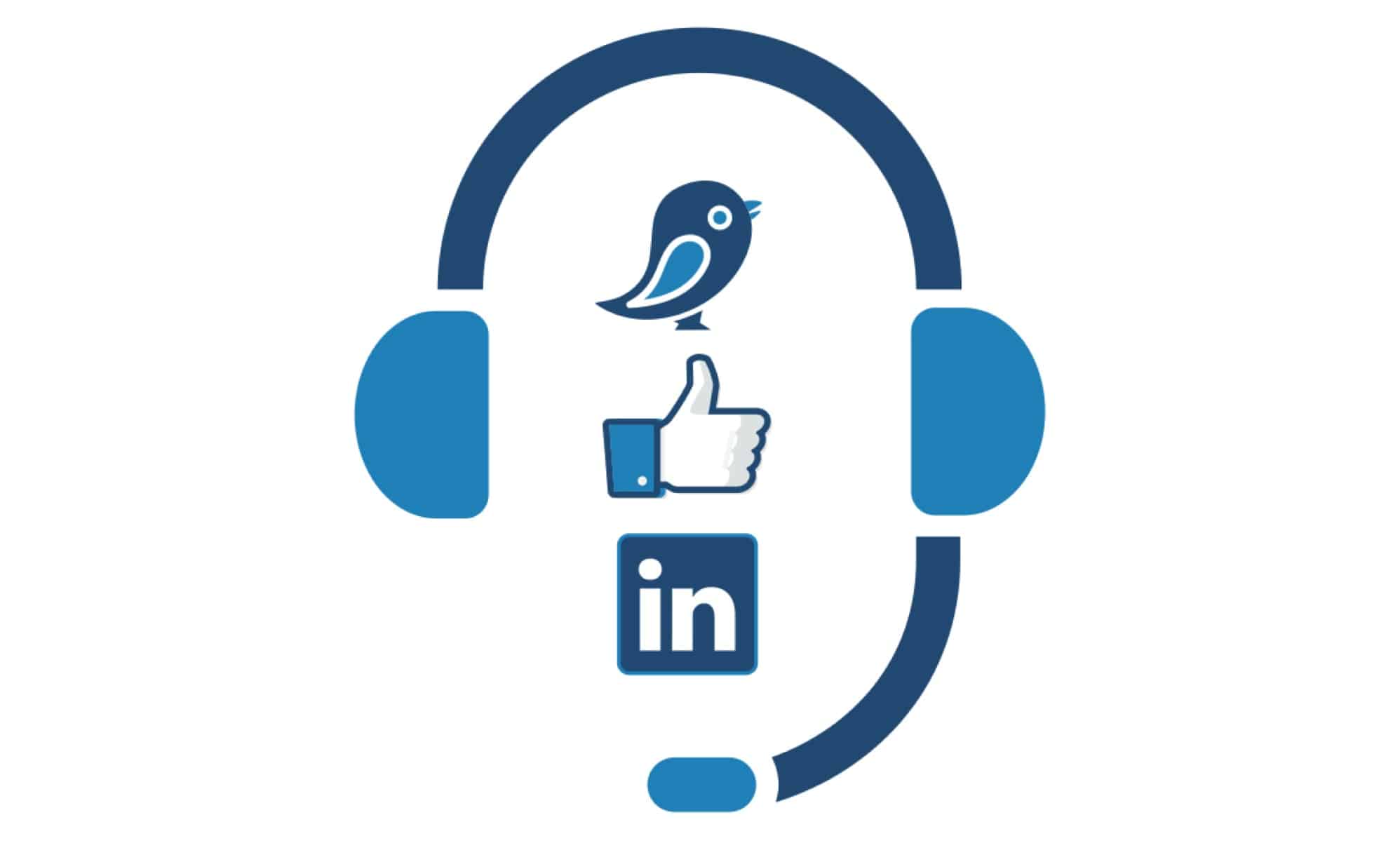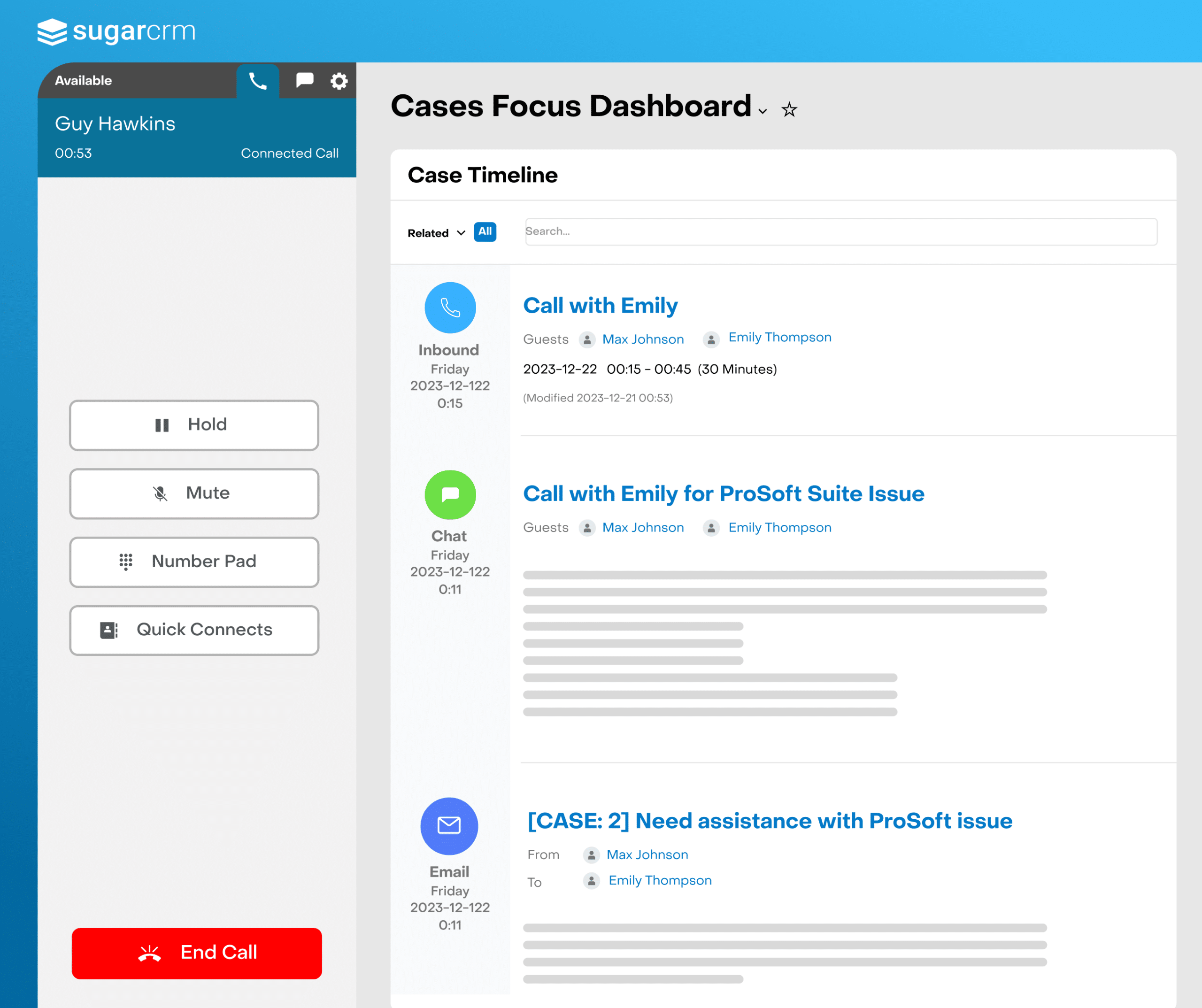Business in the Social Era: Every Employee Must Be “@Customer Expert”
By Clint Oram, Co-founder and CTO at SugarCRM
Think you know who in your organization is part of your customer service team? Think again. The fact is that almost every employee is potentially customer facing in today’s social era, compliments of Twitter, LinkedIn and Facebook, to name a few.
Fifteen years ago the customer relationship management dynamic was entirely different and much more finite. Back then employees in just a handful of departments engaged with customers through traditional channels—email, phone, chat or face to face. But the landscape evolved and direct lines of communication to customers have been extended to everyone in an organization—even back-office or “invisible” employees—via social channels. (Here at SugarCRM, for example, several of our engineers might blog for us, and these blogs are read and commented on by our customers.) This practice is not unique to SugarCRM. Many companies encourage their employees to responsibly engage with customers via Google+, Twitter or other social channels.
Unfettered access to a range of employees is a major benefit to customers who want to con nect with company representatives apart from those in the marketing, sales or customer service departments. Today’s customers want to make a human connection with “regular people,” and know, like and trust those they do business with. Social media facilitates this type of connection. But the challenge is ensuring customer engagement is consistent and effective across the company regardless of which communication channel is used. It’s also important to provide value to the customer in each interaction, so having critical, up-to-date customer information at hand is critical throughout the customer journey.
nect with company representatives apart from those in the marketing, sales or customer service departments. Today’s customers want to make a human connection with “regular people,” and know, like and trust those they do business with. Social media facilitates this type of connection. But the challenge is ensuring customer engagement is consistent and effective across the company regardless of which communication channel is used. It’s also important to provide value to the customer in each interaction, so having critical, up-to-date customer information at hand is critical throughout the customer journey.
In a recent article on ZDNet, best-selling author, Paul Greenberg, argues that customer’s voices, amplified by social media these days, makes them feel entitled to an amazing customer experience at the speed of light and woe to companies that don’t give it to them. He also goes on to say that if companies want to provide an amazing experience, they really need to understand, and be in close contact with, their customers. They need to be engaged with their customers. What a concept!
So, how do you stay ahead of this challenge and create a customer-centric culture at your company? Here’s a start:
- Choose a CRM system that extends across the organization to all employees. With traditional CRM systems, we see that they are typically relegated to users in marketing, sales and support. If CRM was extended to everyone in the organization, imagine the customer relationships that could be nurtured and imagine the level of customer satisfaction that could be achieved.
- Pick a CRM that is social-ready with an advanced user experience. Sugar helps you manage all social interactions with collaboration tools and contextual intelligence within a single dashboard. This turns every individual into a customer expert by uniquely personalizing their interactions, creating a 360-degree customer view and driving true customer loyalty.
- Recognize that great customer service is not solved by technology, but rather supported by it. Truly becoming customer-centric may require significant cultural changes inside an organization. Invest in this initiative. By getting every potential customer-facing employee to understand the value that they bring to the organization as a brand ambassador, and equipping them with the tools and information to facilitate superior customer experiences, the results will be overwhelmingly positive.
In our hyper-connected world, it’s imperative that all employees have the same access to customer information to deliver a consistent experience and avoid appearing fragmented and siloed. In essence, all employees can/should evolve into “customer experts.” This is how you ensure customer experience integrity is maintained in the 21st century.
This mission has guided SugarCRM throughout its decade-long history—well before the social media wave hit our shores. The company was, after all, founded on the idea that customer relationship management is more than marketing, sales or customer support automation. We have always inherently championed the individual, and emphasized that each customer-facing employee (these days that means everyone with a Twitter handle or Facebook profile) should be empowered to create extraordinary customer relationships.

